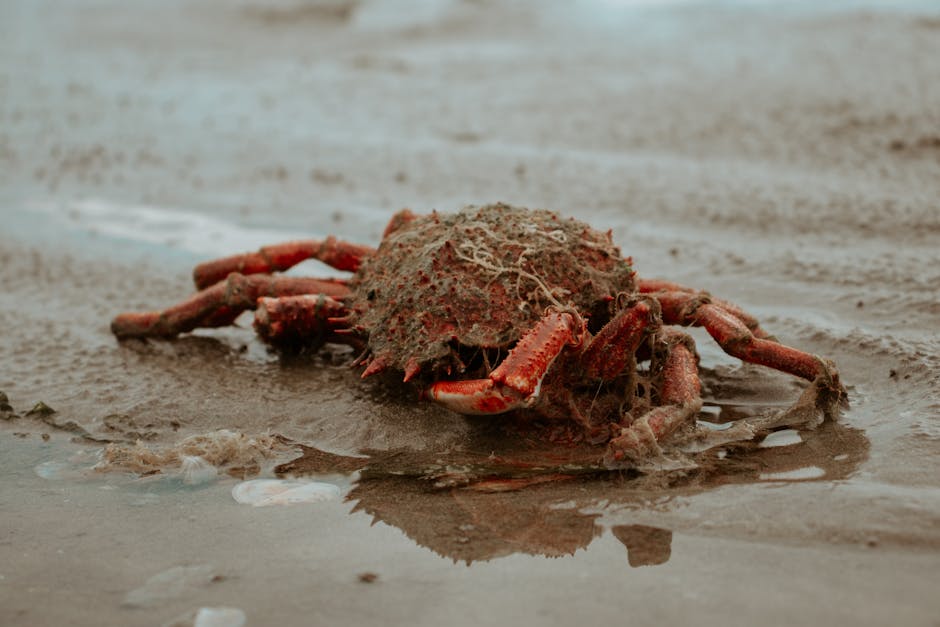Marine conservation, a critical discipline interwoven with marine biology and oceanography, relies on individuals dedicated to understanding and safeguarding the ocean’s biodiversity. Numerous influential figures have dedicated their lives to advocating for marine protection, driving research, and inspiring action. Their contributions, diverse and multifaceted, have laid the groundwork for the current landscape of marine conservation efforts.
A pivotal figure in early marine conservation, Rachel Carson, through her seminal work “Silent Spring,” brought the detrimental effects of pesticides on ecosystems into the public eye. This ignited a broader awareness of environmental issues, including those related to the ocean, influencing later generations of scientists and activists. While not solely focused on marine conservation, Carson’s impact reverberates through the movement, highlighting the crucial link between land and sea, and the interconnectedness of all life.
Beyond Carson, the scientific community has seen a plethora of influential figures. Marine biologists like Sylvia Earle, a renowned marine explorer and advocate, have extensively documented marine ecosystems, highlighting the importance of biodiversity and ocean health. Her deep-sea explorations and outspoken advocacy for protecting vulnerable marine environments have profoundly shaped public perception and conservation strategies.
Another prominent contributor, Jacques Cousteau, though not a marine biologist strictly speaking, played a pivotal role in bringing the beauty and fragility of the underwater world to a global audience. His pioneering work in underwater exploration, combined with his effective communication skills, captivated millions, raising awareness and generating support for marine conservation. His documentaries and expeditions ignited a spark of passion in many, laying the groundwork for future generations of ocean enthusiasts.
Moving beyond the iconic figures, a critical component of effective marine conservation rests on the shoulders of researchers dedicated to understanding specific ecosystems or species. Robert Paine, for instance, through his studies of keystone predators in rocky intertidal zones, demonstrated the profound impact of specific species on the overall health of the community. His work emphasized the importance of maintaining biodiversity and the intricate web of life in the ocean, laying the foundation for targeted conservation efforts.
Beyond individual scientists, various marine conservation organizations have been instrumental in shaping the field. Organizations like the Ocean Conservancy and the World Wildlife Fund have mobilized substantial resources, spearheaded campaigns, and fostered international collaborations to drive impactful conservation strategies. Their work spans a vast range of issues, from pollution reduction to habitat preservation and combating overfishing. These organizations provide a crucial platform for collective action and leverage the expertise of numerous researchers, researchers and advocates.
Marine conservation also encompasses legal and political dimensions. Individuals like the late Roger Payne, renowned for his work on the songs of humpback whales, demonstrated a strong link between scientific research and advocacy. His passionate pleas for protection galvanized public and political support for endangered species, showcasing the importance of bringing scientific evidence to bear on policy decisions. These connections between scientific knowledge and policy are fundamental to effective marine conservation.
The conservation landscape is further enriched by numerous lesser-known, yet equally important, contributors. Oceanographers, specializing in various aspects of the marine environment, from currents to chemical cycles, are integral to understanding the intricate functioning of the oceans. Their work informs conservation efforts by highlighting vulnerabilities, predicting impacts, and quantifying the effects of human activity.
Today, the field continues to evolve, embracing innovative approaches and emerging technologies. For instance, the development of advanced technologies like remotely operated vehicles (ROVs) and satellite imagery has expanded our capacity to monitor marine environments and assess the health of various ecosystems. This enables researchers to track populations, monitor pollution levels, and assess the impact of human activities on a global scale.
Contemporary marine conservationists are increasingly leveraging citizen science initiatives, empowering individuals to contribute to research and monitoring efforts. These initiatives, often through interactive platforms and projects, engage communities globally in data collection, creating a powerful force for collective action. Moreover, marine conservationists are also focusing on integrative approaches, realizing the interconnectedness of various aspects of the marine environment.
A comprehensive understanding of the ocean’s complexity requires integrating biological, chemical, physical, and geological perspectives. This holistic approach underpins the most effective conservation strategies. Thus, marine conservation is not a singular field but an interdisciplinary endeavor drawing upon various scientific disciplines and incorporating varied perspectives.
The journey of marine conservation is characterized by ongoing challenges and evolving needs. Climate change presents a major threat to marine ecosystems, demanding innovation and adaptability in conservation strategies. Overfishing, pollution, and habitat destruction continue to impact marine environments, necessitating robust and sustained efforts to address these issues. The future of marine conservation hinges on the dedication of individuals, organizations, and governments to prioritize these challenges.
In conclusion, the contributions of individuals like Rachel Carson, Sylvia Earle, Jacques Cousteau, and countless others have shaped the trajectory of marine conservation. This is not simply the work of a few celebrated figures but a collective effort spanning decades, incorporating diverse perspectives and methodologies. Their unwavering commitment to understanding and protecting our oceans continues to inspire future generations of marine conservationists to safeguard the invaluable marine resources for the benefit of present and future generations.
